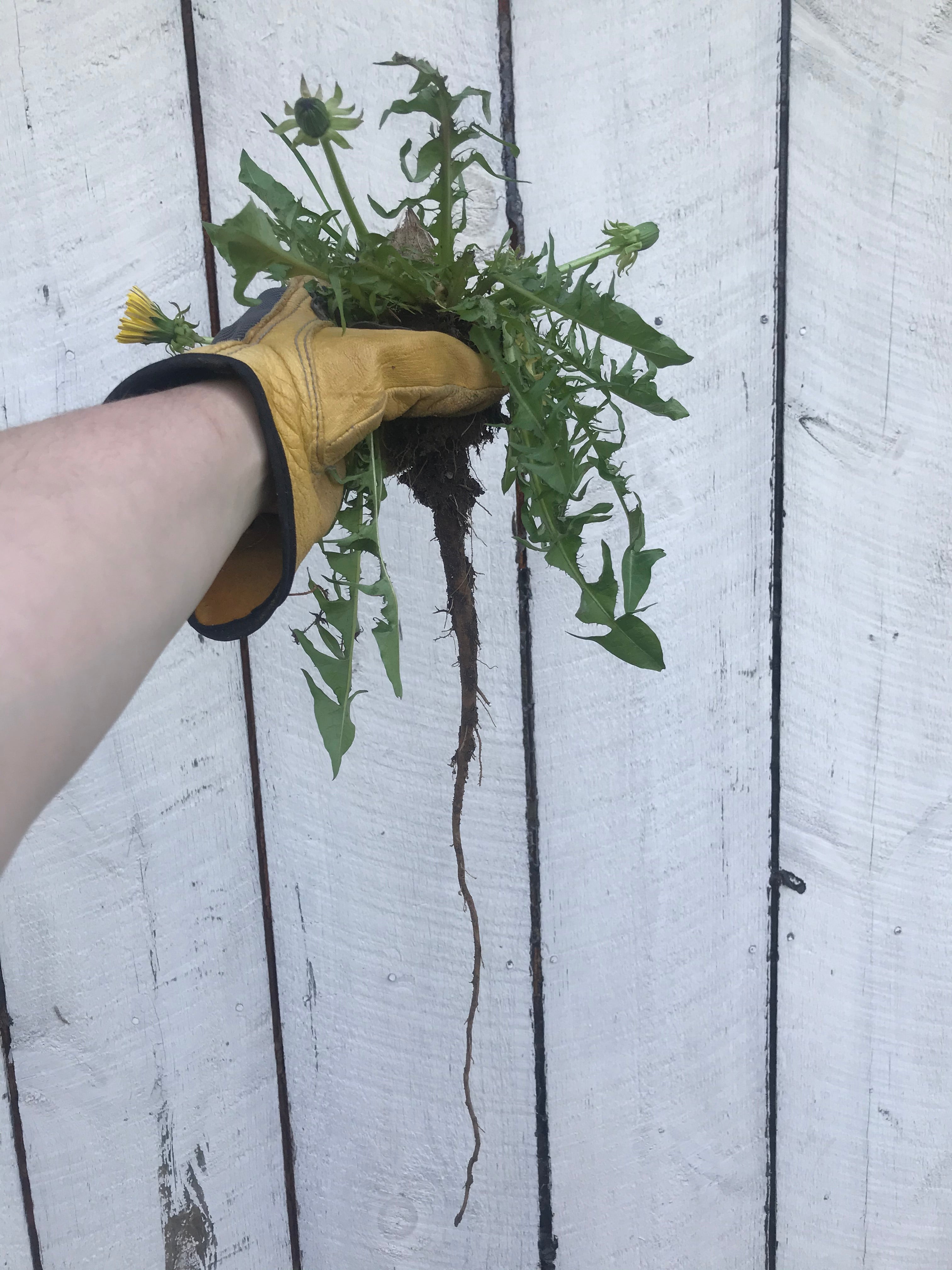
On growing weeds
Written by: Veronica
When we first moved to Norfolk County a few years ago, Irene and I joined the Haldimand-Norfolk Beekeepers Association. During one of our first meetings, we met Ted Shelegy, an organic farmer in his mid-70s who single-handedly cared for over 200 acres of land. With Ted being a retired teacher, we hit it off immediately and saved him a seat next to us for every meeting after that.
Irene and I both remember one of the first conversations we had with Ted. Being an avid gardener and curious about what an organic farmer produced, I asked, “What do you grow?”
And Ted replied, “Weeds!”
We all chuckled, Ted with his hearty laugh. About a year later, Irene and I ended up buying our home and property not five minutes away from where Ted lived. He stopped by to visit soon after, and we showed him around our small acreage. It was mid-July, and everything on the property was overgrown. As we stood near a patch of knee-high vegetation, Ted asked, “Do you know your weeds?” Of course, as city girls, Irene and I knew almost nothing about farm weeds. And so, Ted started rhyming off the names of various plants—ragweed, lamb’s quarters, and even couch grass, which sounded like a made-up name to us. That summer, we didn’t plant a vegetable garden, but we did spend a lot of time getting a grip on the weeds. I remember spending a week hand weeding the area where our apiary now sits. I got tennis elbow because of the repetitive strain. At the time, though the weeding was onerous and backbreaking, I didn’t understand how managing a micro-farm would mean contending with so many incessant weeds.
This summer, with our business just budding, Irene and I feel pulled in every direction. While watering our vegetable patch yesterday evening, I stood and stared at the numerous imperfections within the plot. There are trellises that stand bare in the area where my failed string bean crop was supposed to vine upwards; the seeds of Dmytro’s Ukrainian dill have produced tiny sprouts that never seem to get any bigger; my cucamelon plants are growing at a glacial pace; and the dozens of delicata squash seeds sown in the late spring have produced a measly two plants, both without fruit at the moment. Oh, and lest I forget to mention that there are weeds—the kinds of weeds that Ted would know the names of. The weeds I stare at from the kitchen window while I’m making coffee in the morning. The weeds I keep telling myself I’m going to pull.
Ted passed away suddenly last spring. Irene and I both think of him often and miss him dearly. He had such admirable values, especially with regards to ecology. Years ago, he ran for the Ontario Green Party and didn’t put his name on the campaign signs so that they could be reused by future candidates. He didn’t use air conditioning because he felt it “softened” you. He was the kind of guy who would show up at our door in mid-June with a basket of strawberries from the local pick-your-own farm; but he came back the next day to collect the basket so it could be reused. Ted farmed his 200 acres organically. That alone beatifies him in our books.
Although Irene and I are committed to growing everything on our micro-farm naturally, I swear there are days when I am covered in sweat and dirt, and the weeds keep popping up everywhere I look, and for a fleeting second, I understand why people use chemical herbicides. But then I think of Ted and every other organic farmer out there, so committed to environmental ideals that they find a way to make organic farming work. And with that thought, I make peace with my imperfect garden plot. If Ted could grow a few weeds, then so can I.
